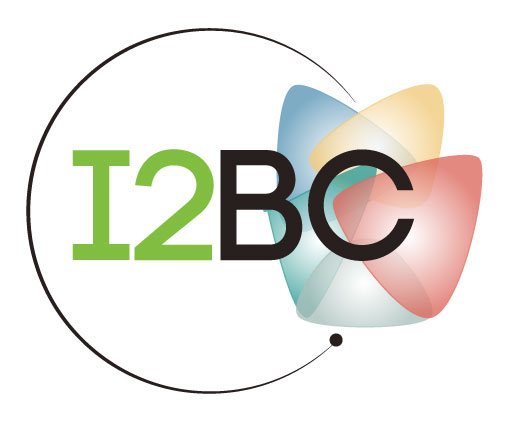Mediator, known as a coactivator, can act in transcription initiation in an activator-independent manner in vivo
Résumé
Mediator is an evolutionarily conserved complex best known for its role as a coactivator responsible for transducing regulatory signals from DNA-bound activators to the basal RNA polymerase II (Pol II) machinery that initiates transcription from promoters of protein-encoding genes. By exploiting our in vivo activator-independent transcription assay in Saccharomyces cerevisiae, in combination with new temperature sensitive (ts) mutants of Med14 N-terminal half exhibiting widespread transcriptional defects, and existing ts mutants of Kin28 and Med17, we show that, in the absence of activator: (i) Mediator can associate with a promoter as a form devoid of the Cyclin-dependent kinase 8 (CDK8) module, and this association remains regulated by Kin28; (ii) Mediator can stimulate the assembly of the entire Pol II initiation machinery. Although the literature emphasizes the role of the interaction between activators and Mediator, together our results support the view that Mediator is able to act through a dual mechanism in vivo, activator-dependent but also activator-independent, therefore not always as a coactivator.

